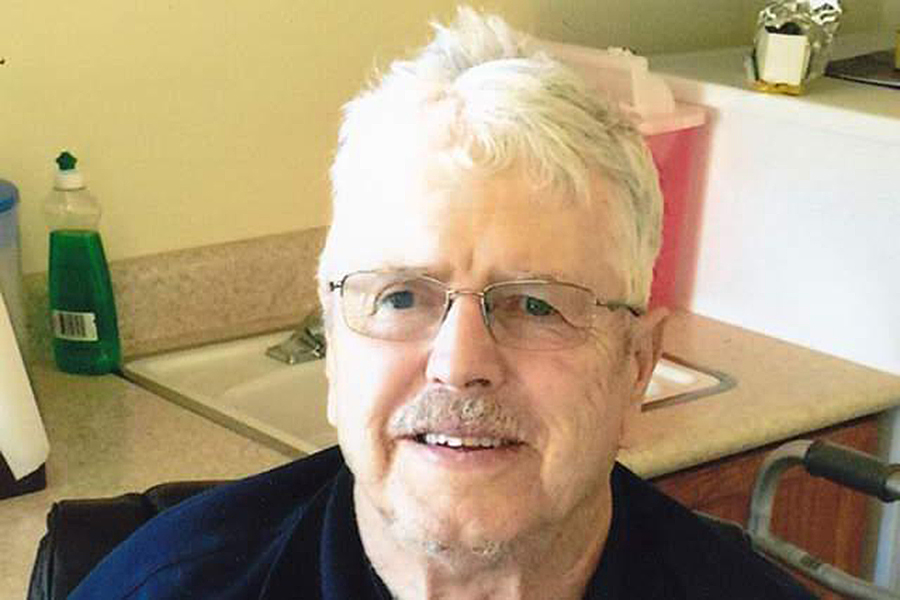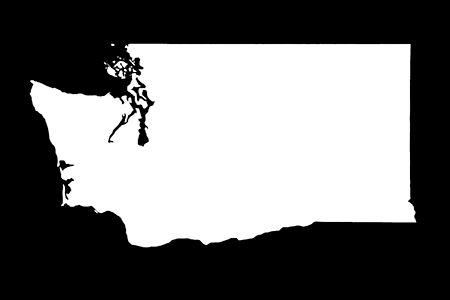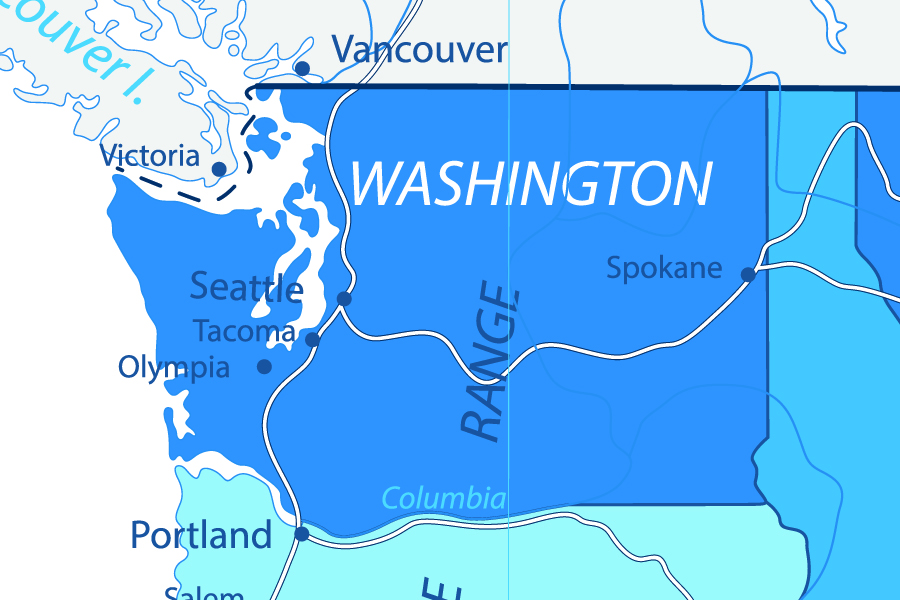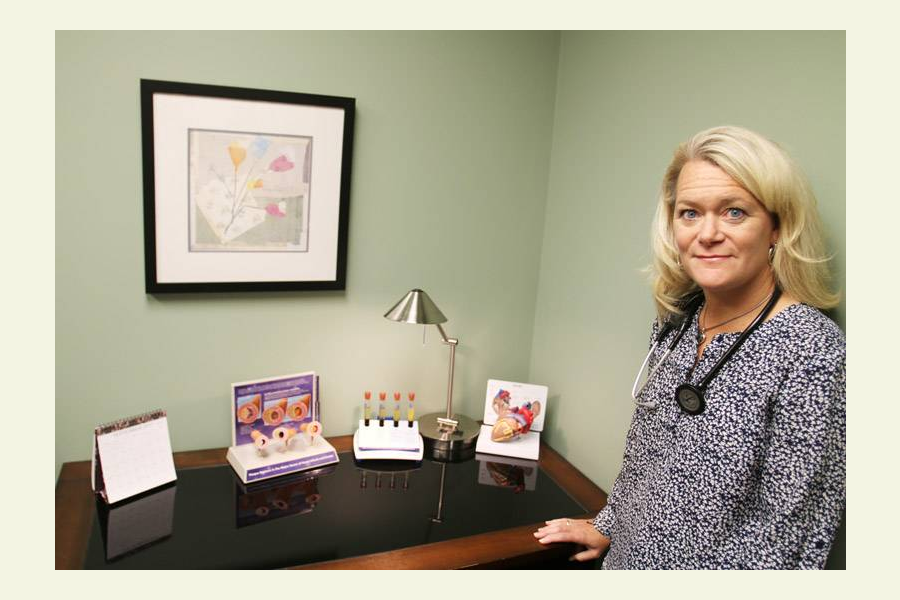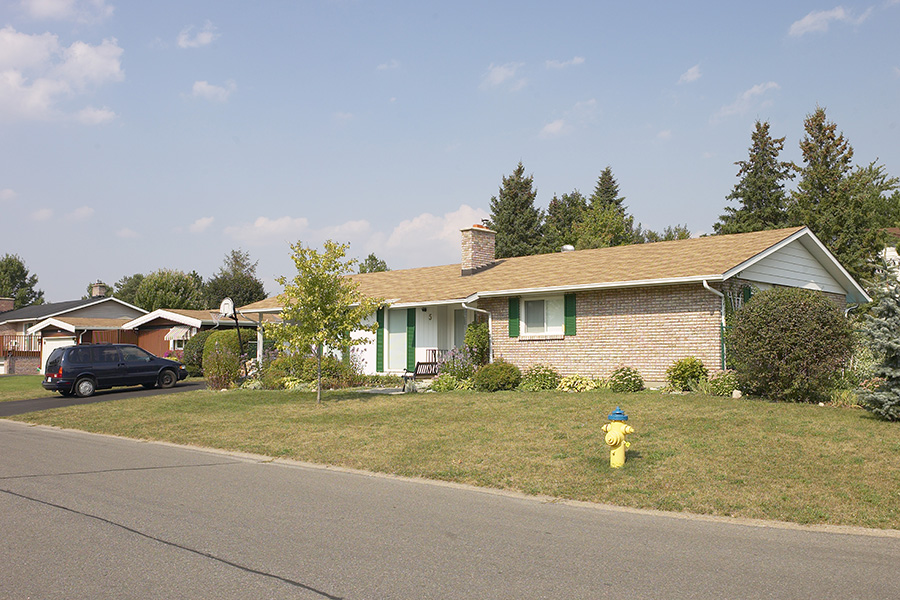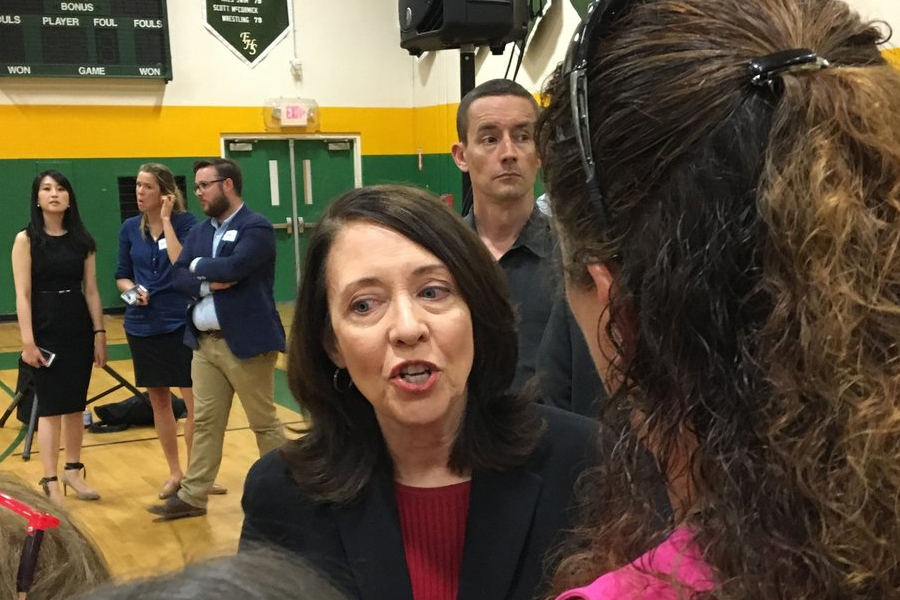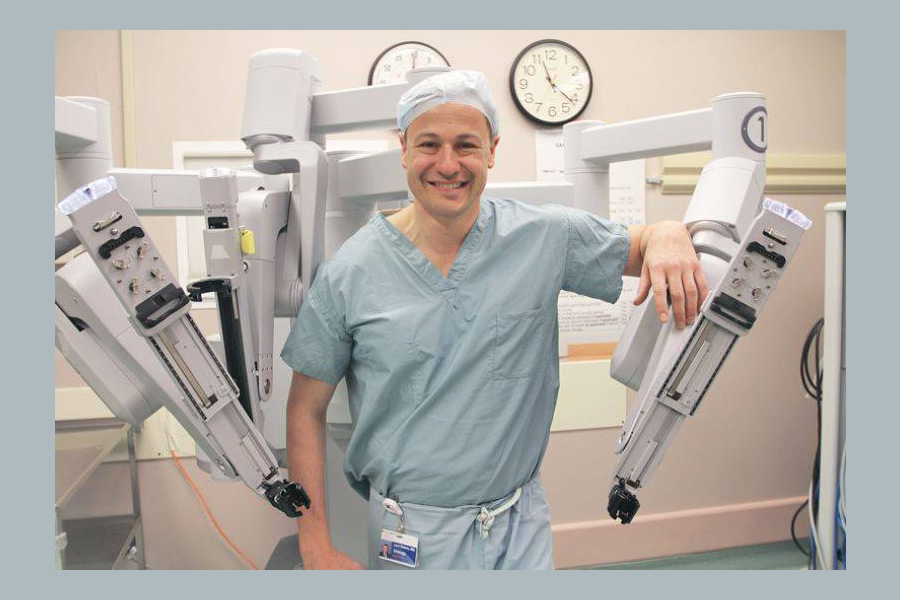Othello Rancher Leaves Millions to Benefit Eastern WA Causes, Including Health Care – Original article by Rachel Alexander on spokesman.com
During the past four decades, on the outskirts of Othello, a quiet bachelor built a small fortune raising cattle.
Today, the millions of dollars William Crosetto earned from ranching and careful stock market investing will be used in myriad ways to support everything from rural health care to Spokane homeless services to protecting sage grouse habitat.
Crosetto, who went by Bill, died Jan. 25 in hospice care after struggling with several medical complications. He was 75 and a devout Catholic.
During the past several years, he worked with the Inland Northwest Community Foundation to establish a lasting multimillion-dollar legacy.
His $5.1 million estate left to the foundation, along with the upcoming proceeds from the sale of his ranch, will also establish two $1 million endowments. One will support rural medical residencies through Providence Health Care’s program in Colville.
“It’s the first fund of its kind, and it’s an opportunity for philanthropy to support one of our priorities,” said Shelly O’Quinn, executive director of the foundation.
Crosetto’s second endowment will create a mobile health care unit through Washington State University’s medical school that will serve rural areas.
The units have yet to be designed and built, said WSU medical school spokeswoman Christina Verheual, but they are envisioned as mobile primary care clinics that can reach rural and underserved people throughout Eastern Washington.
The remainder of his gift will support a variety of causes he was passionate about, including the House of Charity, Adams County Sheriff’s Office, 4-H and the foundation’s rural civic leadership fund. Several gifts will also support land conservation, including a $100,000 contribution to the Chelan-Douglas Land Trust.
“One of his highest passions was protecting wildlife habitat,” said PJ Watters, director of gift planning at the foundation.
A fund bearing his name already rolls across the credit lines of some public television nature shows.






